4pm – 5:00pm Chuppah
The Chuppah & What Happens Beneath It
The chuppah (pronounced khoo-pah) is a wedding canopy on four poles, often open to the sky, symbolizing the couple’s new home — one that will always be open to guests. The bride joins the groom beneath it, signifying her becoming part of his domain, just as Abraham and Sarah’s tent was open to all.
The Procession
The groom is escorted first, followed by the bride. In many traditions, the bride circles the groom three or seven times. The seven circles are deeply symbolic: they represent completion and wholeness (like the seven days of creation), the removal of barriers (recalling the seven circuits around the walls of Jericho), and the drawing down of a surrounding divine light that protects and blesses the couple. In Kabbalistic tradition, these circles weave a spiritual shield around the marriage, ensuring their new home is filled with holiness, unity, and love. At Chabad weddings, special melodies are sung during this moment, creating a deeply moving and spiritual atmosphere.
The Betrothal (Kiddushin)
Under the chuppah, the rabbi recites blessings over a cup of wine, from which the couple drinks. The groom places a ring on the bride’s right index finger, declaring, “With this ring, you are consecrated to me according to the law of Moses and Israel.” This is the formal act of marriage in Jewish law. Two witnesses stand beneath the chuppah to observe and confirm the act.
Reading the Ketubah
The ketubah, a marriage contract outlining the groom’s commitments to his bride, is read aloud as a pause between the betrothal and the final stage of marriage. It’s then given to the bride to keep.
The Seven Blessings (Sheva Brachot)
These blessings celebrate creation, joy, and the couple’s union, and ask for divine blessing over their life together. They are recited over another cup of wine, from which the couple again drinks. Family members or honored guests may be invited to recite each blessing.
Breaking the Glass
The groom steps on a glass wrapped in cloth, and guests shout “Mazal Tov!” This reminds us that even in moments of great joy, we remember the brokenness of the world — especially the destruction of Jerusalem — and it symbolizes the unbreakable nature of the marriage bond.
Yichud (Seclusion)
After the chuppah, the couple spends a few private minutes together, symbolizing their new status as husband and wife. It’s a quiet pause to share their first moments of married life before joining guests at the celebration.
